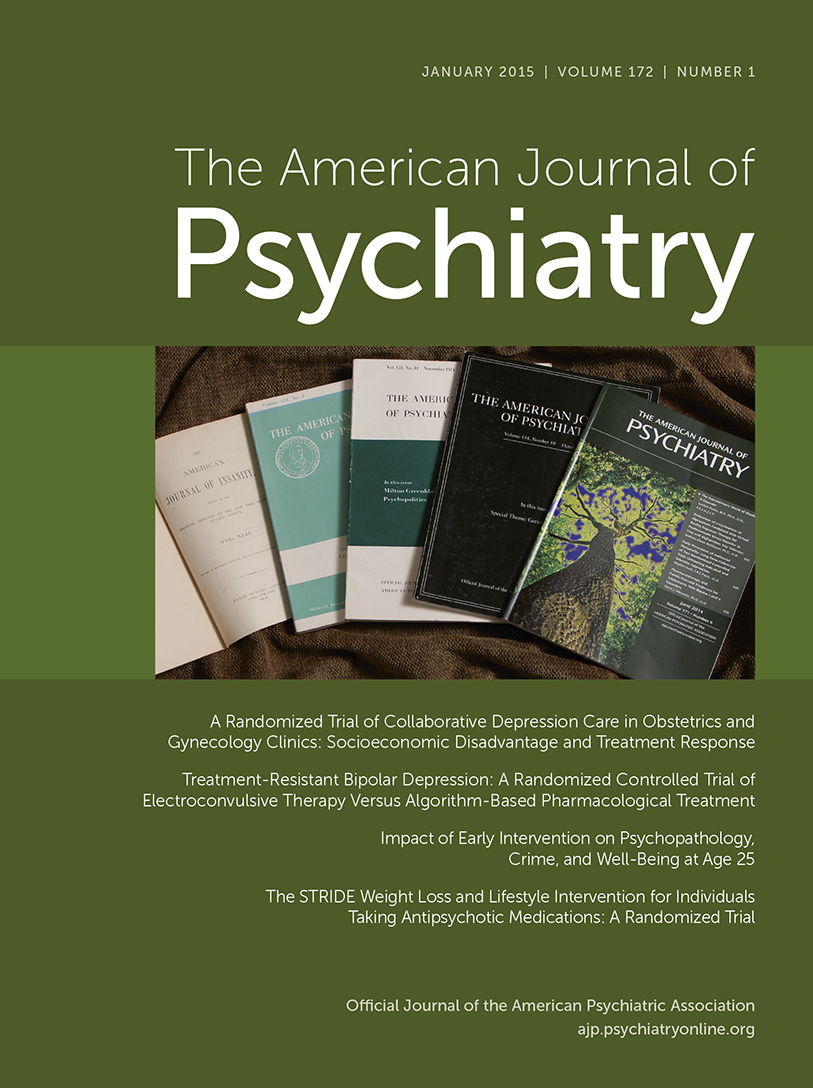Pigeon Cave: A Legendary Place of Suicide in Lebanon

Photograph by Dr. Nathalie Richa.
Beirut is a geological platform 6 to 7 km long and 3 to 4 km wide. The seaside is rocky at the north and the west and forms the base of a cliff. Two rocks of great beauty loom up from the water to the west. Residents of Beirut often swim or boat over to them. We call them “Raouche,” a phonetic Arabic transformation of the French word “rocher,” meaning “rock.” Pigeons take refuge along the rock walls and in a cave, “Pigeon Cave.” Dives from the top are rare and dangerous.
The 52-meter-high cliff on the shore overlooking the rocks is also known as a prime destination for desperate, suicidal people, who come to jump from it. It is simple to step over the metal railing and then go through the reeds to find oneself on the edge. It is the most common place for attempting suicide in Lebanon. Lebanese people often evoke the idea of suicide in reference to the Pigeon Cave. Clinicians commonly are told by their suicidally depressed patients, “The best way to put an end to this is to go to Raouche.” Sadly, it is thus as iconic in Lebanon as are Beachy Head on the southern coast of England and the Golden Gate Bridge in San Francisco. No active efforts to prevent suicides exist at the Pigeon Cave, unlike similar locales in other countries.



